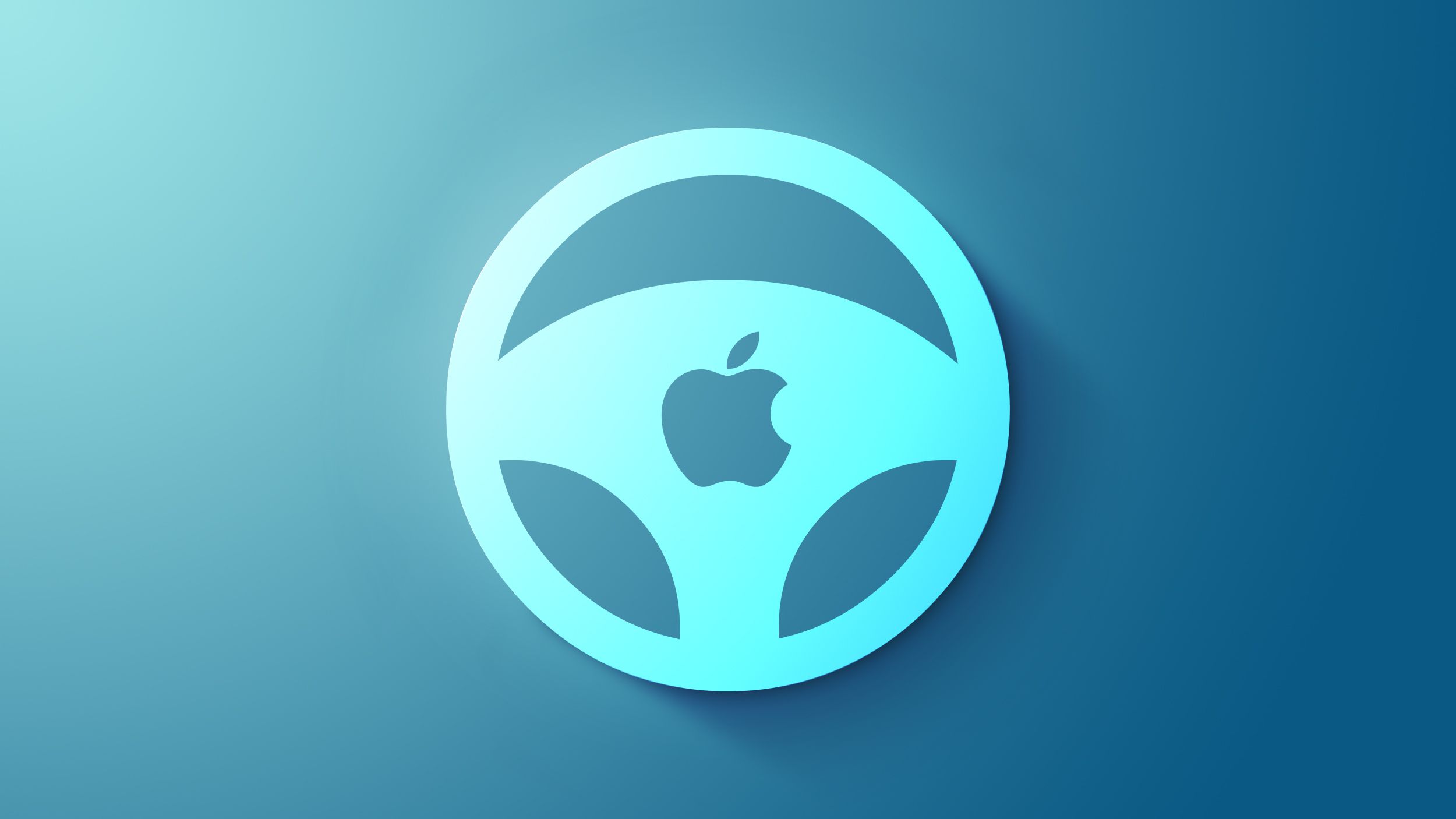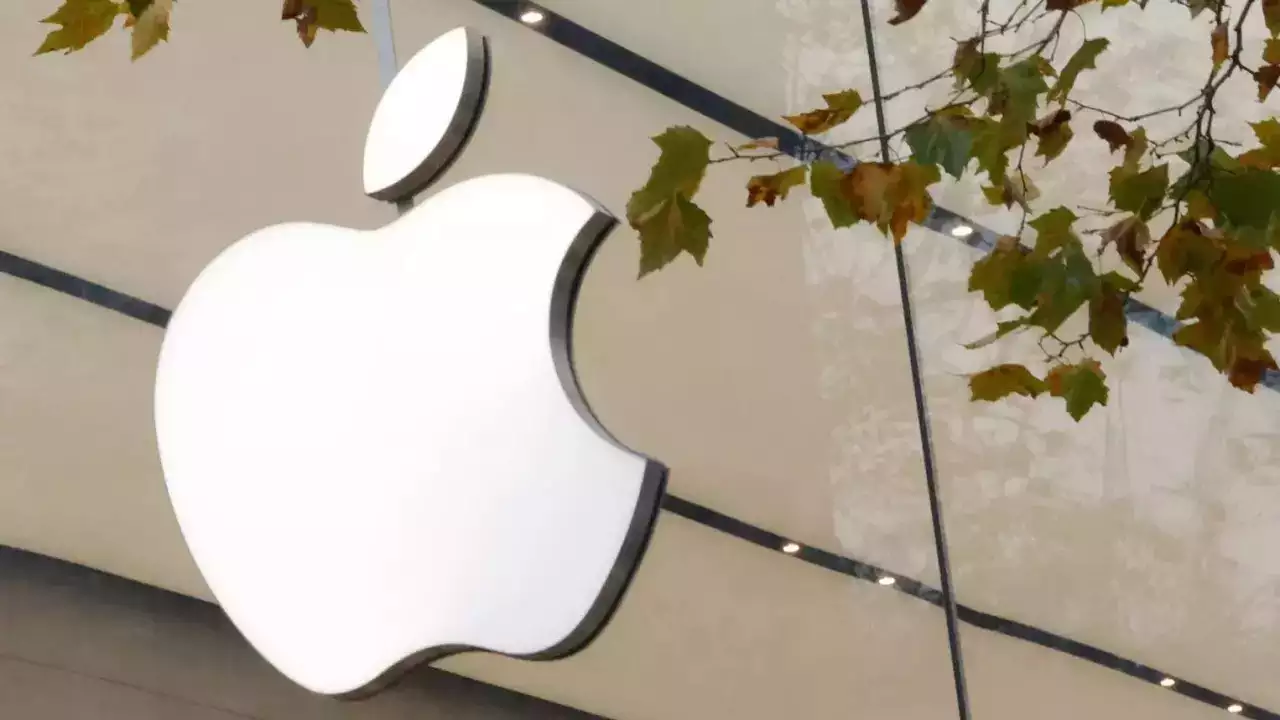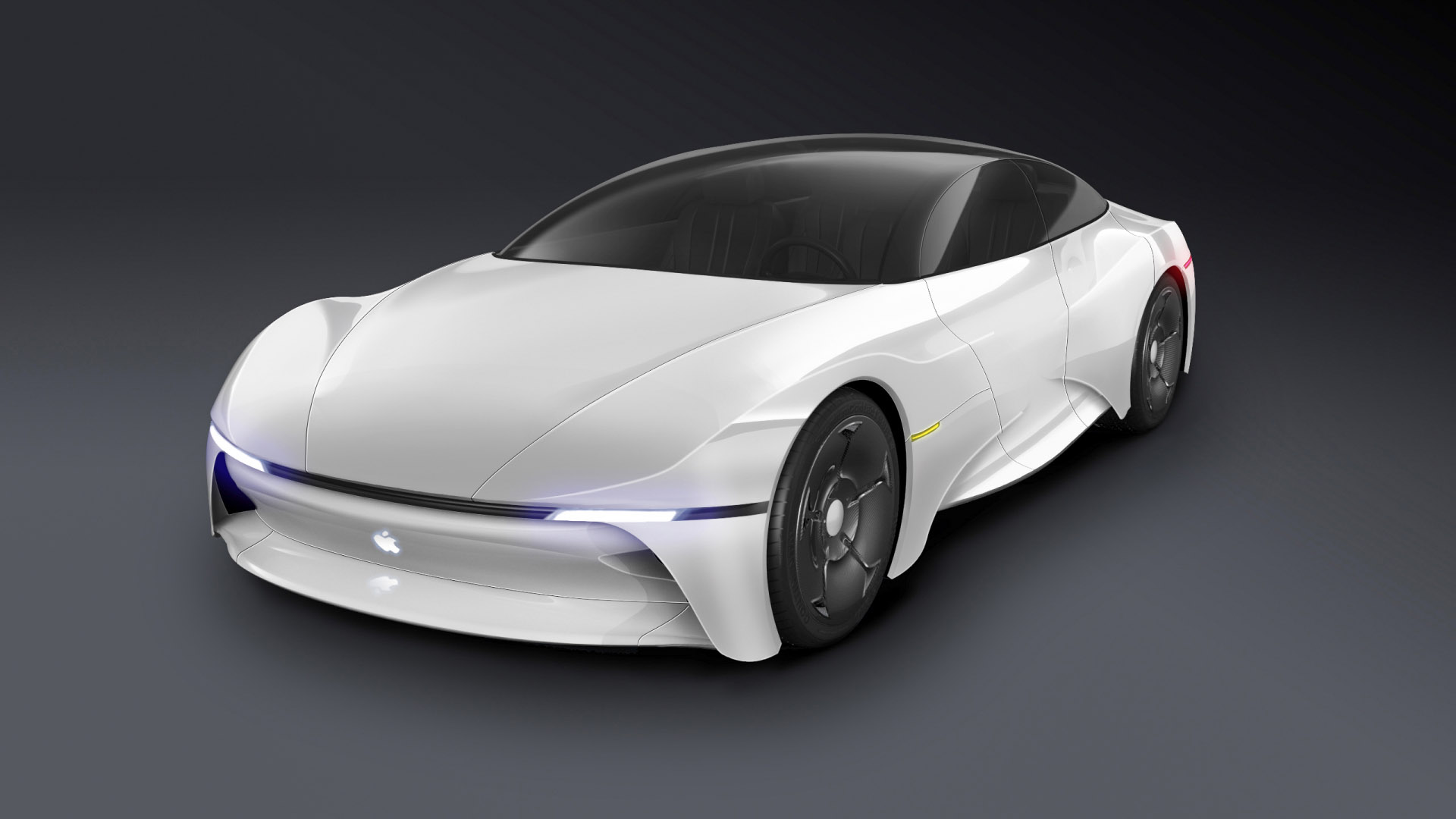In a groundbreaking case that has gripped the tech world, Xiaolang Zhang, a former Apple engineer, faces the consequences of his actions in the theft of Apple Car Project Titan’s trade secrets. This incident not only highlights the fierce competition in the autonomous vehicle sector but also underscores the critical importance of safeguarding intellectual property in the tech industry.
Apple Car: The Unraveling of a Tech Giant’s Trust
The Journey from Apple to Imprisonment
Xiaolang Zhang’s journey from a trusted Apple engineer to a convicted criminal is a tale of ambition, betrayal, and the repercussions of corporate espionage. Over the past six years, the tech community and legal experts have closely followed Zhang’s case, culminating in a recent verdict that has sent ripples through Silicon Valley.
Zhang, once an integral part of Apple’s ambitious Apple Car Project Titan, which focuses on developing self-driving car technology, made a decision that drastically altered his career trajectory and personal life. His sentencing, delivered this week, includes 120 days of imprisonment and three years of supervised release, along with a restitution payment of $146,984.00.

The Path to Espionage: A Timeline of Events
The story began when the FBI first charged Zhang in 2018 with stealing trade secrets. Zhang’s suspicious activities surfaced during a parental leave, which he spent in China.
Upon returning, he informed Apple of his decision not to resume his duties, instead opting to join XMotors, a Chinese-based startup working on autonomous car technology. Apple’s internal security team, sensing something amiss, launched a thorough investigation.
This probe into Zhang’s network activity and Apple devices, which he surrendered upon his departure, unveiled a shocking truth. Zhang had accessed and stolen numerous confidential files, including a critical 25-page document detailing engineering schematics of a circuit board integral to autonomous vehicles.

Apple Car, Project Titan: Apple’s Guarded Treasure
The Core of Apple’s Innovation
At the heart of this scandal lies Project Titan Apple Car, Apple’s secretive venture into the world of self-driving cars. Zhang’s role in this project was significant; he was involved in designing and testing circuit boards that processed data from various sensors, a key component in autonomous vehicle technology.
Former Apple engineer who stole Project Titan trade secrets sentenced to prison pic.twitter.com/DuUSby0GzA
— Michael Nguyen (@MacMike1000) February 8, 2024
The theft of such sensitive information from Project Titan Apple Car not only posed a direct threat to Apple’s intellectual property but also to its competitive edge in the rapidly evolving autonomous vehicle market. The leaked documents contained years of research and development, a treasure trove for any competitor in this high-stakes domain.
Implications for the Tech Industry
Apple Car Secret Data Theft: A Wake-Up Call for Corporate Security
This case serves as a stark reminder of the vulnerabilities that even tech giants like Apple face. In an industry where innovation is the currency, the protection of intellectual property becomes paramount. Companies are now reassessing their internal security measures and protocols to prevent similar incidents.

The Future of Autonomous Vehicle Technology
The incident also casts a spotlight on the fierce competition in the autonomous vehicle sector. As companies like Apple, Google, and Tesla race to pioneer this technology, the safeguarding of trade secrets becomes a strategic imperative. The Zhang case illustrates the lengths to which individuals and competitors might go to gain an advantage in this lucrative market.
Apple Car Secret Data Theft: Lessons Learned in Silicon Valley
Xiaolang Zhang’s story is a cautionary tale for the tech industry. It underscores the need for stringent security measures, the importance of ethical conduct, and the serious consequences of corporate espionage.
As the industry continues to evolve, the protection of intellectual property remains a top priority, ensuring that innovation and competition flourish in a secure and ethical environment.


